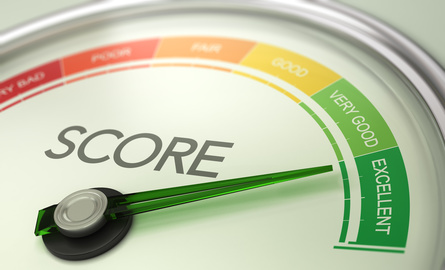Debts over £20,000 – What are my options?
Just because you have debts of £20,000 or more doesn’t necessarily mean that you have financial problems. For a start you may have a good income and sufficient disposable income to make the contractual payments on your loan agreements.
Alternatively you may have low income and little or no disposable income but if you have saleable assets such as a house in which there is substantial equity, again you may not have a problem unless you are unwilling to sell the property or are unable to re-mortgage it to release equity. You may have both a good income and substantial equity in your property and in this case you should, with a little help, be able to devise a solution to your financial problems.

A key question to answer is whether you are insolvent or not. If you are insolvent and have debts of say £20,000, then there are two principal statutory solutions available – Bankruptcy or an Individual Voluntary Arrangement (IVA). The word ‘statutory’ simply means that the solution is governed by the law of the land. Let us assume that the ‘land’ in this case is the UK or to be precise – England, Wales or Northern Ireland. (The law in Scotland is slightly different in relation to insolvency). Your personal circumstances will largely determine whether an IVA or Bankruptcy is best for you.
If you are not insolvent you can reach an informal agreement with your creditors such as a Debt Management Plan. You can do this on your own in what is sometimes described as a ‘Self Administered Debt Management Plan’. This is where you have all the dealings with your creditors yourself and you hammer out an agreement with all of them. The more usual way to organise a Debt Management Plan is with the help of one of the many Debt Management companies offering their services in the market place for a fee or to obtain assistance from a body such as the CCCS, Pay Plan or the CAB, whose advice is supplied free of charge.
Once you have answered the insolvency question, you will have a clearer idea of what your options are. You should really visit an insolvency professional to explore your options. You will be able to get free initial advice and confirmation as to whether you are insolvent or not. A good insolvency practitioner will also explain all of the available options to you, taking all your circumstances into account – including your earnings, your outgoings, your debts, your assets (property such as a house or car) and your domestic circumstances.